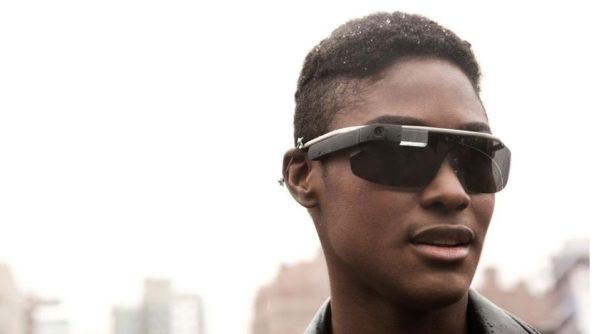Search
To search for an exact match, type the word or phrase you want in quotation marks.
A*DESK has been offering since 2002 contents about criticism and contemporary art. A*DESK has become consolidated thanks to all those who have believed in the project, all those who have followed us, debating, participating and collaborating. Many people have collaborated with A*DESK, and continue to do so. Their efforts, knowledge and belief in the project are what make it grow internationally. At A*DESK we have also generated work for over one hundred professionals in culture, from small collaborations with reviews and classes, to more prolonged and intense collaborations.
At A*DESK we believe in the need for free and universal access to culture and knowledge. We want to carry on being independent, remaining open to more ideas and opinions. If you believe in A*DESK, we need your backing to be able to continue. You can now participate in the project by supporting it. You can choose how much you want to contribute to the project.
You can decide how much you want to bring to the project.

Google Glass has stirred up a lot of media attention since the Mountain View company announced at the beginning of 2013 the availability of the device for developers. Since then, Google has promoted an ambitious media campaign –that includes amongst other things, suggestive videos divulged across the social networks– with the aim of convincing us of the benevolence of their new gadget.
Leaving aside the good hipster vibes exuded by Google’s videos, one can’t help being fascinated by the glasses developed in the laboratories of the American company. After all, it’s a very attractive possibility, that of being able to wear a computer that in a very subtle manner enables us to have access to an enriched vision of the reality we perceive with our own eyes. Because this is ultimately what Google Glass is: a piece of clothing that adds layers of information about the universe that we perceive.
When this device becomes generalised amongst us, we will see how our relation with machines will become an even closer one. And this will happen because the applications of mobile digital technologies–connectivity, geo-localisation, immediate access to information–, that we’ve already been able to experiment with thanks to smartphones, will count with an interface that will integrate even better with our organism and allow us to have the sensation that our relation with technology is becoming an increasingly natural one.
It’s likely that Google glasses will make us feel we have a greater domain over reality. However, they can also become the instrument that subjects us. In the end, the fact of being connected all the time converts us into a source for the emission of data (about our tastes, acts and ideas) that can be used for political or commercial ends. And in the long run this can lead to a restriction of our individual liberties.
In fact, technologies are increasingly being perfected to use the information liberated on the social networks to exercise a greater control on citizens. At the beginning of the year,The Guardian brought to light a video of the company for military technologies, Raytheon, in which one of their investigators explained how Riot, a system that analyses the behaviour of individuals based on information obtained from social networks like Twitter, Facebook or Forsquare, actually functions.
Thanks to this software, Raytheon can elaborate very detailed profiles of anybody, with information about their friends, the places they frequent and the things they do. The system is so refined that it can even predict the behaviour of these subjects. But the most disturbing thing is that Riot realises these profiles based on information that people don’t even know they are making public, such as the coordinates of the images they take with their smartphone.
One can imagine a future when policemen will stroll through the streets sporting their Google glasses. However, these policemen will probably not use them to protect themselves from the sun, so much as to obtain information about the citizens they encounter during their rounds. Thanks to a system of augmented reality, they will be able to access the criminal records of these people, or will simply have the possibility of knowing whether they are illegal immigrants. Does it seem like the delirium of a cyberpunk writer? Perhaps, however the development of these technologies currently allows one to think that this future is quite plausible.

Eduardo Pérez Soler thinks that art –like Buda– is dead, though its shadow is still projected on the cave. However, this lamentable fact doesn´t impede him from continuing to reflect, discuss and write about the most diverse forms of creation.
"A desk is a dangerous place from which to watch the world" (John Le Carré)